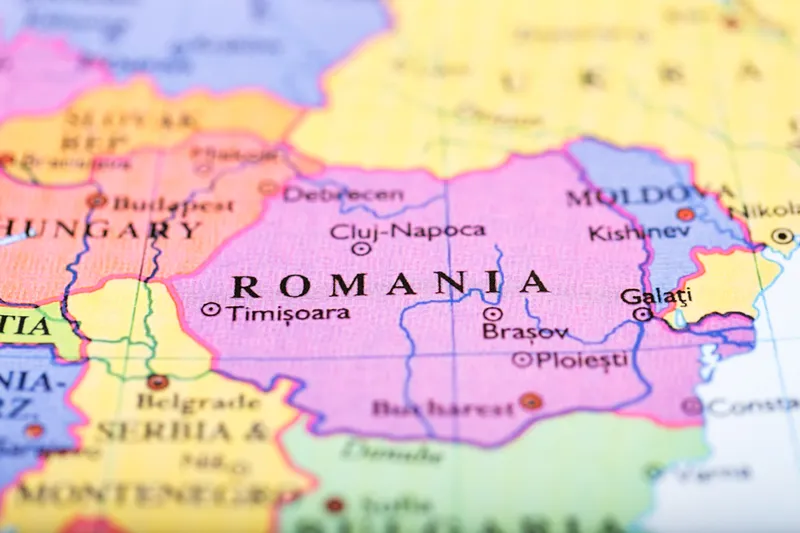Construction works have begun on the Yichang section of China’s new Yichang-Yueyang expressway. Covering 51.8km, the Yichang expressway section will cost around US$613.35 million (CNY 3.82bn).
January 4, 2013
Read time: 1 min
Construction works have begun on the Yichang section of China’s new Yichang-Yueyang expressway. Covering 51.8km, the Yichang expressway section will cost around US$613.35 million (CNY 3.82bn).






